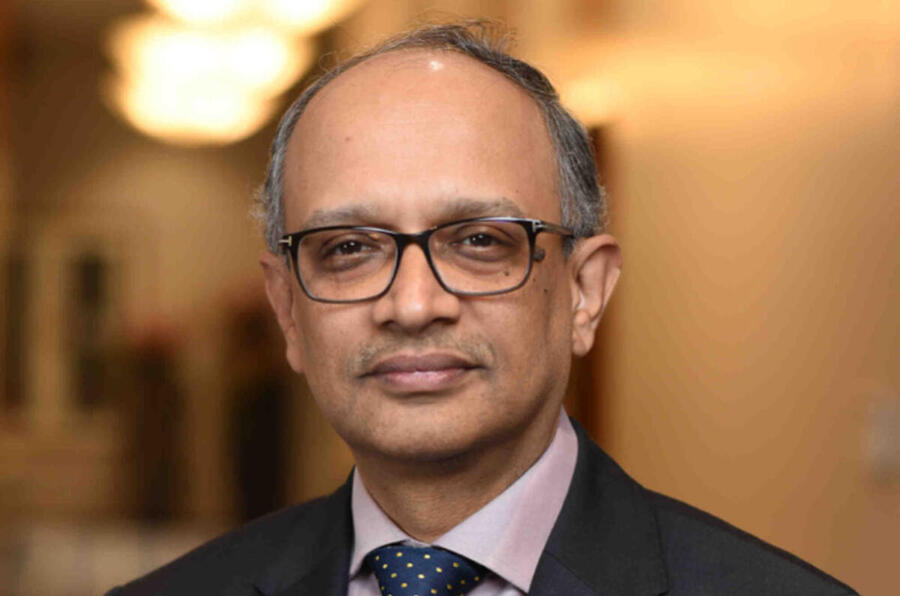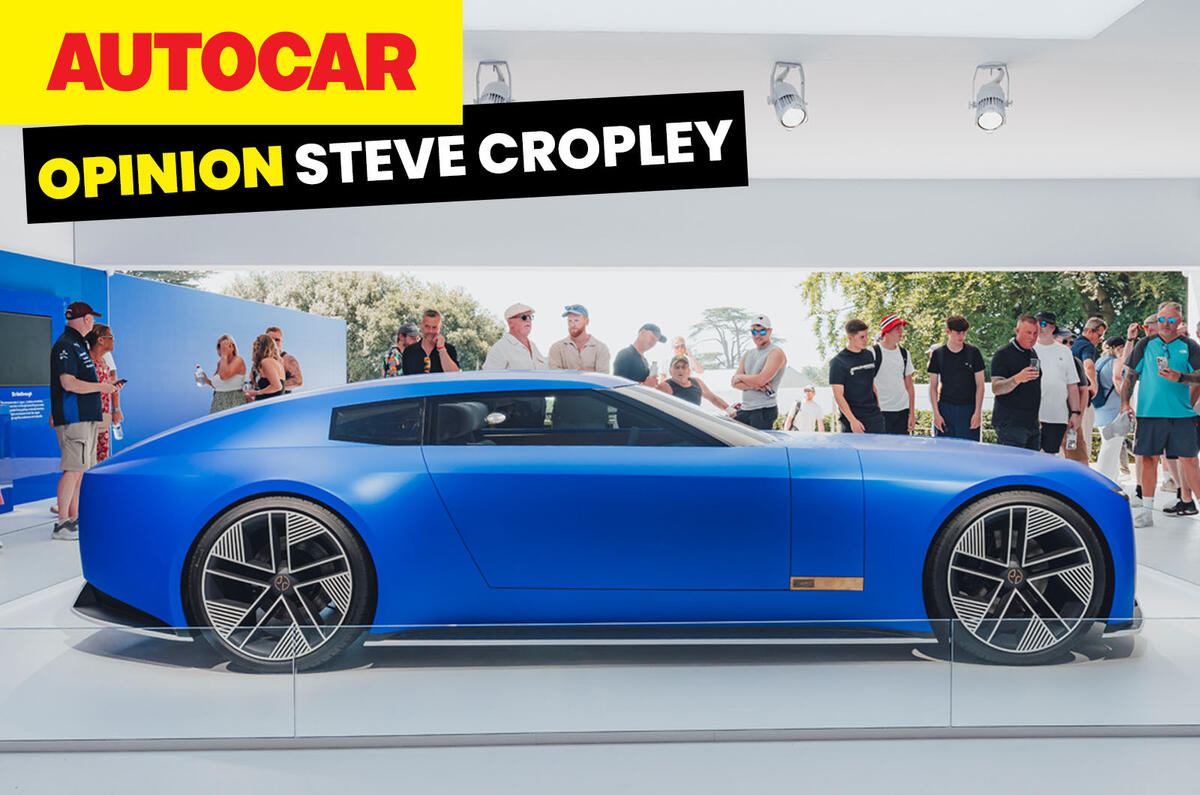The appointment of Tata’s highly experienced chief financial officer, PB Balaji, to replace Adrian Mardell as CEO of JLR will always be remembered for the extraordinary intervention of US president Donald Trump.
The 47th president claimed, out of the blue and without the slightest justification for such incendiary remarks, that Mardell was leaving “in disgrace” and that Jaguar was in “absolute turmoil”.
If Balaji (pictured below), JLR’s first Indian CEO, didn’t already know he was facing a tough assignment, he certainly does now.
The sheer speed of the Balaji announcement makes it clear how anxious the Tata parent board must have been to get its hands directly on the reins of its cash-cow British subsidiary, which has recently been generating up to two-thirds of Tata’s total group revenue.
Balaji’s appointment was confirmed on Monday, just four days after Mardell’s departure announcement, even though JLR had originally intimated, with the mock calmness of routine corporate announcements, that the identity of a new CEO would be announced “in due course”. It is now perfectly clear that Tata felt there wasn’t a moment to lose.
There had already been ample warning that JLR’s recent excellent financial results were about to be torpedoed in the latest quarter by a dearth of Jaguars to sell and by the ill effects of rising US tariffs (which forced the brand to stop US exports in April amid the uncertainty). The latter looks especially serious since the Discovery and best-selling Defender are made in higher-tax Slovakia, not alongside the Range Rover in lower-tax Solihull.
It was also clear there would be no abatement in the new electric Jaguar turmoil of the past nine months, given that the Type 00 concept design was continuing to prove highly controversial and the recent news that the launch of production models would be postponed (along with that of the Range Rover Electric) because of a feared lack of demand for luxury EVs.

Whatever the shortcomings of outgoing CEO Mardell and his even more controversial predecessor, Thierry Bolloré, PB Balaji seems to have a rock-solid pedigree. He has run the Tata Group’s finances since 2017 and is credited with righting a corporate ship that was listing dangerously when he took over, an achievement that has brought a healthy rise in Tata’s share price. It is still to be established whether he can be classed as a 'car guy' in the way of Ratan Tata, the group’s patriarch, who led Tata’s acquisition of JLR 17 years ago.








Join the debate
Add your comment
I do understand the hysteria. Its not just the concept. Its going so far up market that the cheapest car will be more expensive that anything they have ever made. The advertising concept, the prototype bing shown in pink, the cancellation of all of their cars years before they had anything else to sell, and going EV only at least a decade before thats what the world will want.
Jaguar are effectively dead. Can they be brought back? Anything is possible if you throw enough money at it, but if i were Tata, i would be furious that such a well known and loved brand has been killed by stupid management.
By all means go up market, but stay with your volume market too. Dont create an advert that alienates far more people (especially your existing buyers) than it attacts. show your concepts off better (wouldnt any Jag look better in BRG than matt pink?), and the biggest mistake was to stop selling all the existing cars straight away, rather than keeping them going as other makers have.
Lets see, and hope Jaguar can now bee saved under wiser Indian management.
I've got to say that you're one of the few who gets what the problems with Jaguar's plan is. Thank you.
If only the automotive journalists had said what you're stating at the time the Bollore plan was launched maybe someone inside JLR's board would have realised the insanity of it all.
Telling 99.9% of your customer base to F off was never going to end well.
Don't understand the hysteria around the design of the Type 00 concept. It's like a scaled-up F-Type in profile, has a front like an XJ and most glaring design eccentricities are due to it still only being a concept; surely the XJS was a bigger break from Jag's design language than this? I don't even blame Jag for moving upmarket, not when everything from Kia to the Chinese are now going for the same slice of the premium pie. No idea if the strategy will work, winding down sales to nothing before the relaunch was stupid and didn't help that Bollore was such a wanker, but if they only listened to their fans, the brand would be dead anyway. They'd still be timidly churning out evolutions of the same design like they did with the first XJ for so many decades.
Time to dust off the shelved elegant Julian Thompson XJ replacement out.
Worth remembering Thomson was promoted to head of design at Jaguar when Callum left. Then Bollore put Gerry McGovern above him at Jaguar, effectively demoting Thomson. Little wonder he very quickly left afterwards when the new CEO didn't respect him.
The irony is that McGovern has been living off Thomson's work on the LRX Concept ever since with the Evoke and every Range Rover since then.
Absolutely correct.